
Acharei Mot: Lover of Israel
How can the Kohen Hagadol, the High Priest, possibly know all the iniquities of the Jewish people? Where does he get his information from?

“Aaron shall place both his hands on the head of the living male goat and confess upon it all the iniquities of the Children of Israel…”(Leviticus 16:21).
How can the Kohen Hagadol, the High Priest, possibly know all the iniquities of the Jewish people? Where does he get his information from? It’s implicit in the Torah that he must know; otherwise, how can he confess for all of Israel on Yom Kippur?
The 613 commandments of the Torah include 248 positive commandments and 365 negative commandments, which correspond to the human body’s 248 limbs and 365 tendons. If a person transgresses one of the commandments, then some sort of blemish is caused to its corresponding limb or tendon, as each part of the body receives its spiritual vitality from its corresponding commandment. A person’s spiritual vitality directly affects his physical well-being; therefore, since a blemished commandment creates a deficiency of spiritual vitality to a given limb or tendon, it will ultimately create some sort of affliction to the body. This phenomenon is a gift from Hashem, for a person with heightened spiritual awareness can frequently know how to repent in accordance with whatever health issues he or she is having at the time. One can read at length about the relationship between the parts of the body and the commandments of the Torah in Rabbi Elazar Azikri’s classic book, “Sefer Charedim.”
Rebbe Moshe Leib Sassover of saintly and blessed memory once overheard two Ukrainian peasants in the marketplace. One said to the other, “Ivan, you are truly my best friend; I love you more than my own brother!”
The second peasant replied, “Anatoli, if you really love me so much, then tell me what hurts me.”
Rebbe Moshe Leib commented that he learned the true concept of what loving another person means from listening to those two peasants. If you really love someone, you know what hurts them and what makes them happy. Loving someone sincerely means that you can feel what they feel.
Rabbi Arie Levine of saintly and blessed memory took his wife to the doctor. “Doctor, our foot hurts,” he said. The doctor didn’t understand what the rabbi meant at first, until the latter pointed to the Rebbetzen’s swollen foot. Rabbi Arie could actually feel his wife’s pain.
Our tzaddikim teach us that true love is a feeling for the other person, not indulgence in oneself. The emotion that modern society refers to as “love” is usually nothing other than infatuation, an intense but short-lived and irrational passion for someone, which revolves around self-gratification and has nothing to do with giving. One who genuinely loves someone can literally feels that person’s pain.
With the above principle in mind, we can now understand how the High Priest is capable of knowing all the iniquities of the Jewish people and capable of confessing on their behalf. Aaron the High Priest was history’s greatest lover of Israel – he loved every single Jew no matter who they were or what their social station was. He could feel the pain of every single Jew. When two neighbors argued, he felt their distress, so he ran to make peace between the two. When a husband and wife were having marital difficulties, he’d make a house call to try and patch things up. Aaron did anything he possibly could for a fellow Jew, for he was able to fulfill the mitzva of loving every single person like he loved himself.
Since Aaron loved every single person, he could feel each person’s pain. Since he could feel everyone’s pain, he knew which commandments they blemished; since he knew which commandments they blemished, he could confess on their behalf and atone for them.
Consequently, we learn that the High Priest must be a lover of each and every Jew; otherwise, he won’t be able to do his job, feel everyone’s pain, and to confess and atone for them.
Years ago, I asked the Amshinover Rebbe shlit’a from Bayit V’gan in Jerusalem, how can one know who the tzaddik of the generation is. He answered me, “It’s simple – the tzaddik of the generation is the biggest lover of Israel in the generation – he loves every single Jew.” May we follow in these footsteps, amen!


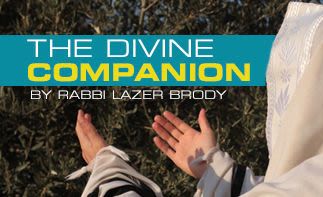



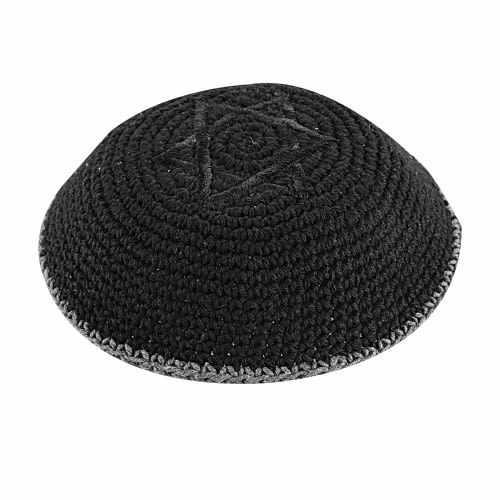
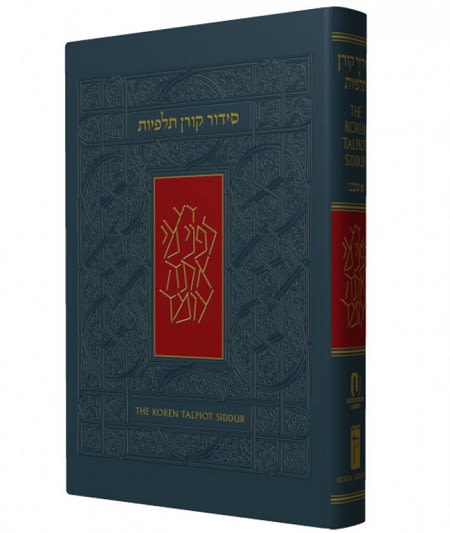

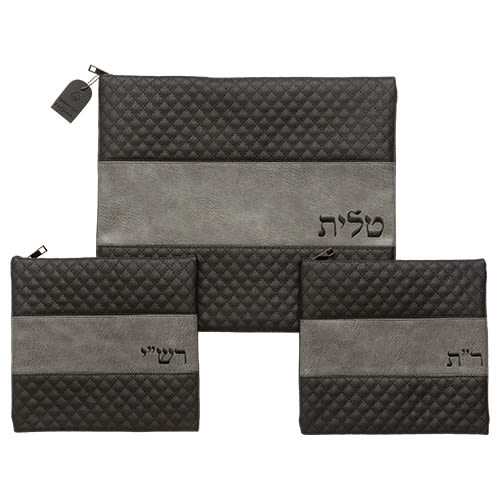
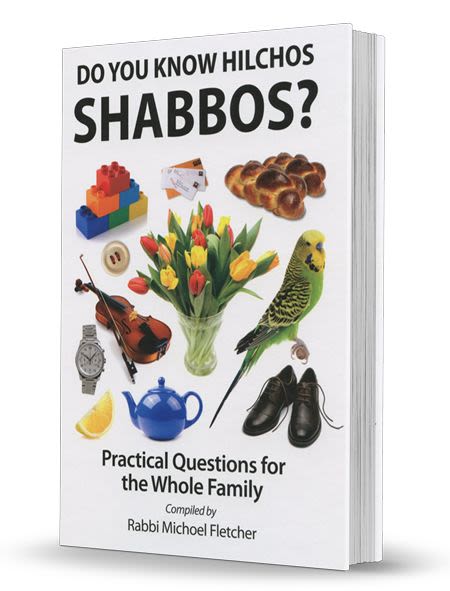

Tell us what you think!
Thank you for your comment!
It will be published after approval by the Editor.